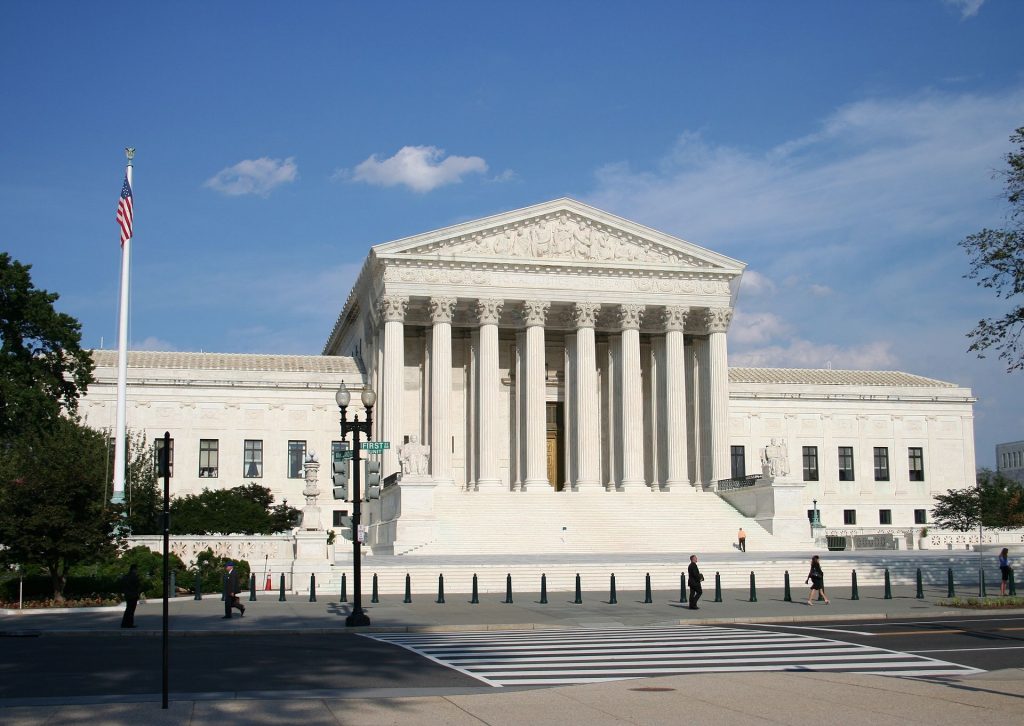

The legislation allows workers to opt out of paying union dues and instead serve as free riders – meaning take advantage of the benefits that come from a collectively bargained contract. The lawsuit contends that amounts to an illegal taking of unions’ property and resources, since state and federal labor laws require unions to negotiate contracts and provide representation to the non-union employees at “considerable cost” to union members.
The lawsuit also Brown v. Board of Education as well as the 1st and 14th Amendments:
It compares the right-to-work law with laws passed in Southern states in the 1950s as part of the massive resistance to the U.S. Supreme Court’s desegregation orders in Brown v. Board of Education, with legislation intended to discourage membership in the NAACP — laws that were ultimately overturned in court for violating 1st and 14th Amendment rights of free expression and association.
In April, a Wisconsin circuit court judge overturned that state’s right-to-work law in a case that made similar arguments. That ruling has been stayed, pending an appeal to the Wisconsin state Supreme Court.
Related News
- Senate Passes Tax Bill Without Including Railroaders
- Canada Day 2025: General President Coleman’s message to members
- SMART-TD Honors the Retirement of Brother Greg Hynes: A Visionary, a Fighter, and a Legend
- SMART-TD Calls on U.S. Senate to Support the Cantwell Amendment and Protect Rail Workers
- Yardmaster Protection Act Introduced
- PHOTO GALLERY: 2025 Denver Regional Training Seminar
- Fighting for Stronger Heat Protections for Rail Workers
- Regional Training Seminar Sets (Mile-High) Record in Denver
- Registration Open for Anaheim Regional Training Seminar
- Local 9 wins work-creating law for members in Colorado